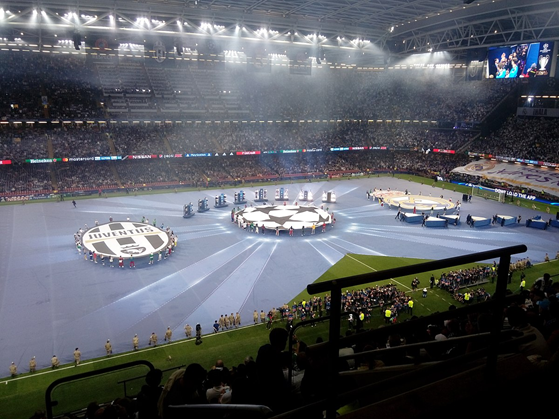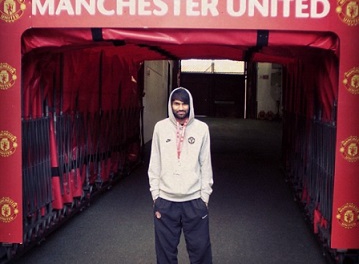The Coronavirus (COVID-19) pandemic has impacted everyone and left no prisoners, including sports. In fact, it has massively affected sports because matches are being played in empty stadiums with no fans.
UEFA did an impressive job in completing its two biggest domestic competitions even after the virus hit by choosing neutral venues and housing the teams in “bubbles”.
The UEFA, which is the governing body that controls European football, is the strongest board in world football after FIFA, of course. With the massive commercialization of football and ownership of Sheikhs and billionaires, to control the dictatorship of football through financial power, UEFA came out with the “Financial Fair Play” (FFP) rule.

UEFA President – Aleksander Ceferin (Photo: Steffen Prößdorf, CC BY-SA 4.0)
This was brought about to keep a check on the amount of spending a club can do to not allow anyone to monopolize and promote fair competition at the highest level. It is far from a smoothly functioning system, but it does help to keep things in check.
Under the FFP rules, teams must make a £27 million loss over the course of 3 years and it is mandatory for all European teams to be a part of the audits done by the UEFA. The next one is scheduled in 2021.
Now, given the COVID-19 pandemic, this year has been exempted from audit therefore, clubs have been allowed to adjust their books and calculations to meet the revenue shortfalls for 2020-21. This basically means that the check to be performed by UEFA in 2021 will be for the years of 2018, 2019 along with 2020 and 2021 being combined this time. So, if teams make a financial loss during this period, which most teams will, then that amount of loss would be halved by the UEFA because of COVID-19.
“The adverse impact of the pandemic is neutralized by averaging the combined deficit of 2020 and 2021 and by further allowing specific COVID-19 adjustments,” UEFA announced in a statement after an executive committee meeting.
UEFA’s FFP program requires clubs who qualify for European competitions to come as close to breaking even as possible after adjusting a club’s spends in transfers, employee benefits (including wages), amortisation of transfers, finance costs and dividends counted over income from gate receipts, TV revenue, advertising, merchandising, disposal of tangible fixed assets, finance, sales of players and prize money. Any money spent on club/stadium infrastructure, training facilities or youth development is exempted from this.

The UEFA Champions League is the world’s most popular club competition
(Photo: Markos90, CC BY-SA 4.0)
UEFA’s relaxation allows teams to make moves in the transfer market as they can adjust these costs over a two-year period now and teams like Chelsea are making the most of this opportunity. Chelsea have done a phenomenal job this transfer window as they are projected to end 2022 with only a £5 million loss due to the COVID regulations.
UEFA’s FFP makes one wonder what would have happened to the team that was willing to pay the 700 million of Messi’s buyout clause. It would take a team almost a decade with less spending and huge sales to balance their books to buy someone worth such an absurd although Messi would help generate a lot of revenue through jersey sales, fan attendance and the likes but given the pandemic, stadiums run empty at the moment.
Football transfers right now are not as commercially valuable as non-pandemic times. It will be interesting to see how things progress after this pandemic.





